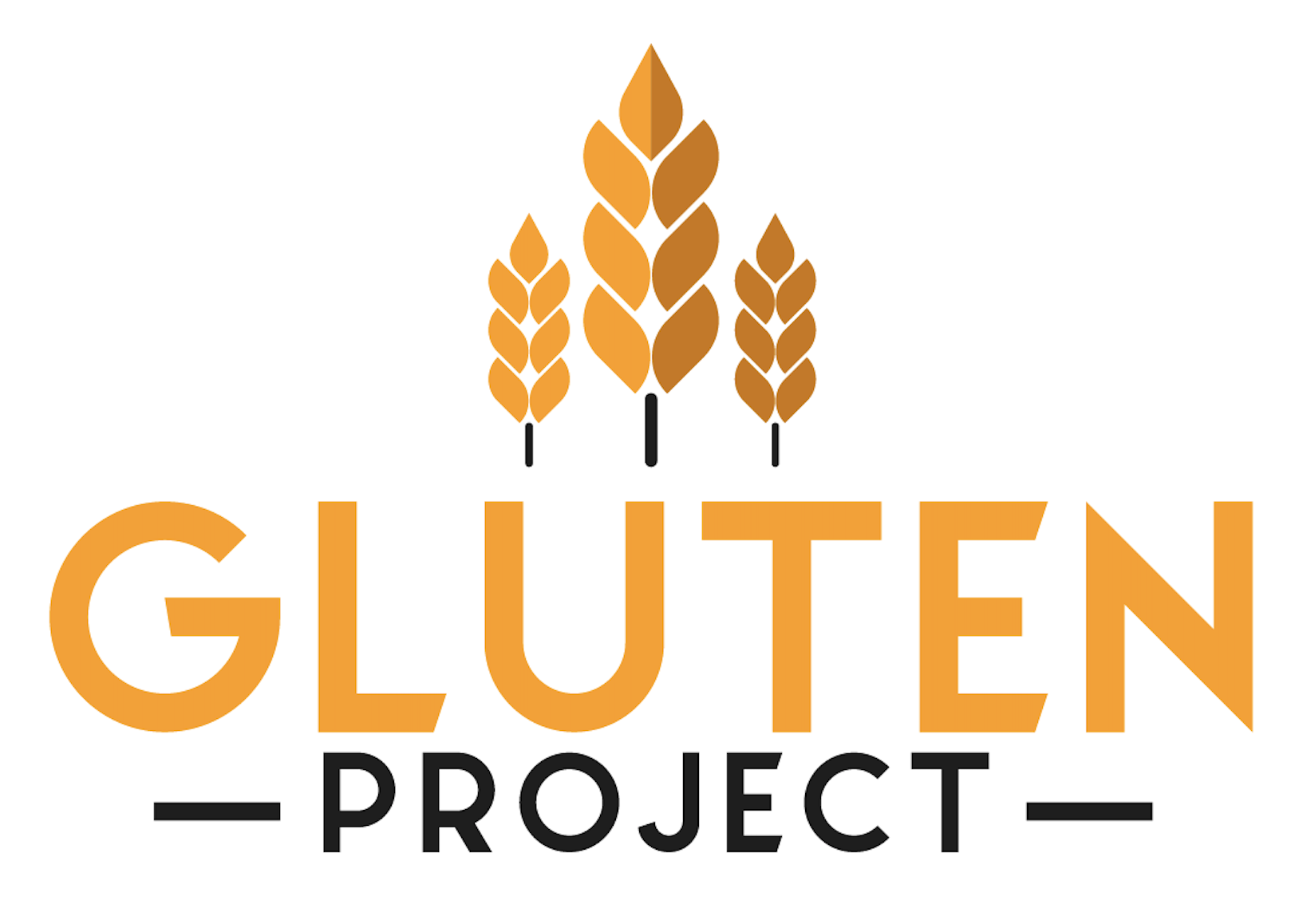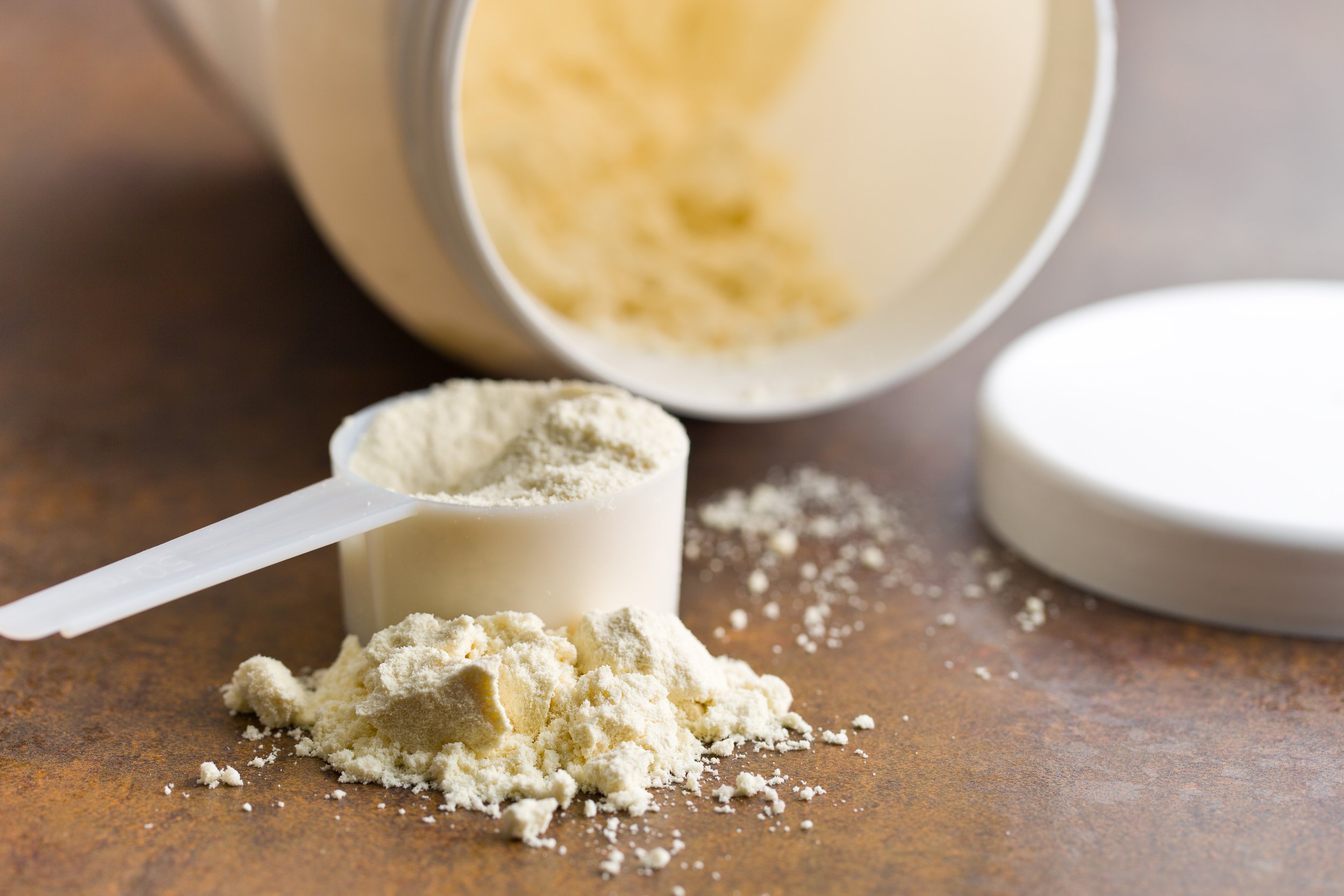Do Whey Products Have Gluten?
If you have Celiac Disease or gluten intolerance, you’ve learned there are certain foods you can’t eat. These include bread, wheat, and oats that contain gluten. However, you may be wondering whether whey has gluten. Whey is a milk-derived protein that typically appears in dairy products and whey protein powders.
It’s essential to know the answer to ‘does whey have gluten’ to avoid serious allergic repercussions. This article reviews why whey itself doesn’t have gluten and why some products with whey might also have gluten. Let’s dig into the details!
Does Whey Have Gluten?
Whey is a protein that comes from cow’s milk. You’ll find it in dairy products like cheese, yogurt, and sour cream. Whey is not in vegan or plant-based milk products.
You can rest assured that whey itself does not contain any gluten. While whey is a protein, it’s not the same protein as gluten. Foods like rye, barley, and wheat contain gluten proteins.
Is Whey Powder Considered Gluten?
Whey powder isn’t necessarily considered gluten. However, some whey powders have gluten contained in their list of ingredients. Many whey powders and protein powders have other ingredients, such as stabilizers and preservatives. These ingredients can contain gluten since they derive from grains.
In addition, some whey protein powders come into contact with gluten during the manufacturing process. Cross-contamination occurs as a result. Therefore, some whey powders might contain trace amounts of gluten or more gluten than listed on nutritional labels.
It’s common for manufacturing plants to make or process different food products on the same machinery to streamline costs and improve production efficiency. Even a product labeled as gluten-free protein powder can have trace amounts.
However, you can check if the powder is certified by the Gluten-Free Certification Organization. Gluten-free foods certified by the organization must meet more stringent requirements than standard stipulations.
Foods certified by the organization can’t contain more than ten parts per million of gluten. Under current FDA requirements, any food item with 20 parts per million or less can bear the gluten-free label. If you’re particularly sensitive to gluten, go with products that are certified under the strictest standards.
Does Whey Protein Have Gluten?
By itself, whey protein does not have gluten. However, whey protein is usually mixed with other ingredients. This makes the protein edible as a shake, protein bar, or food item like protein pancakes. That said, not all of these products contain ingredients with gluten.
To determine whether a food product with whey protein has gluten, look at the list of ingredients. Certain ingredients can signal that a food or food product has gluten. These include wheat flour, whole wheat, rye, and barley.
Other ingredients can contain gluten and be mixed in with whey protein. These include things like oats, brewer’s yeast, and bulgur. In addition, items labeled with words like “modified” or “wheat” in them contain gluten. Look for a gluten-free label if you’re uncertain after looking at the ingredients.
Processed food items that do not contain gluten-free or certified gluten-free labels often have gluten in them. For instance, it’s common for protein pancake mixes to include whey protein unless certified vegan. Looking at the list of other ingredients, you may find things like buckwheat, wheat flour, and modified food starch.
These are all reasonable indications that your pancakes are going to contain gluten. However, if you’re buying a block of cheese, there’s a high chance it doesn’t contain gluten. Even though cheese is processed, wheat or grain-based products aren’t usually part of fermentation. Some yogurt brands contain modified food starch and artificial ingredients have gluten.
Can You Eat Whey Protein if You Are Gluten Intolerant?
Yes, you can eat whey protein in its pure form. But you’ve got to be diligent about checking labels for foods that contain whey protein. Given the high amount of preservatives and artificial ingredients in most processed foods, it’s best to stick to gluten-free versions.
This doesn’t mean just staying away from mainstream bread and grains. You want to check the labels of most of your foods at the grocery store. Check the labels of yogurt, biscuits, protein bars, and even beverages. If you can’t find gluten-free labels, contact the manufacturer. They should be able to confirm whether gluten exists in the ingredients.
What Protein Contains Gluten?
Gluten itself is a protein. Wheat, barley, rye, triticale, and oats have gluten-based proteins. Everything made out of these ingredients contains gluten. For instance, you’ll often see vegetarians eat peanut butter sandwiches and rice and beans to get complete protein.
The gluten in whole wheat or rye bread combined with peanut butter provides a complete set of amino acids. So does the protein in beans and the gluten in brown rice. You’ll also find gluten in wheat-based pasta with chickpeas or other high-protein plant sources. Oat milk is another protein source for vegans and vegetarians containing gluten.
You might also find gluten in protein-packed cereals and soups. These foods can contain barley, which has gluten. Malted milk, milkshakes, and candy also come from barley and gluten. Something that doesn’t appear to have wheat and grained-based ingredients may surprise you. That’s why it’s essential to do your due diligence and research if you need to avoid gluten.
Final Thoughts
Hopefully, this article answers the question of does whey have gluten. By now, you’re aware that whey is a protein that comes from cow’s milk and does not contain gluten by itself. However, when whey is mixed or combined with other ingredients, gluten can become a part of that food or product. Examples include some yogurts, oatmeals, and protein pancake mixes.
Not all whey protein products are free of gluten or trace amounts. Individuals who need to avoid gluten are better off purchasing food items certified as gluten-free.

